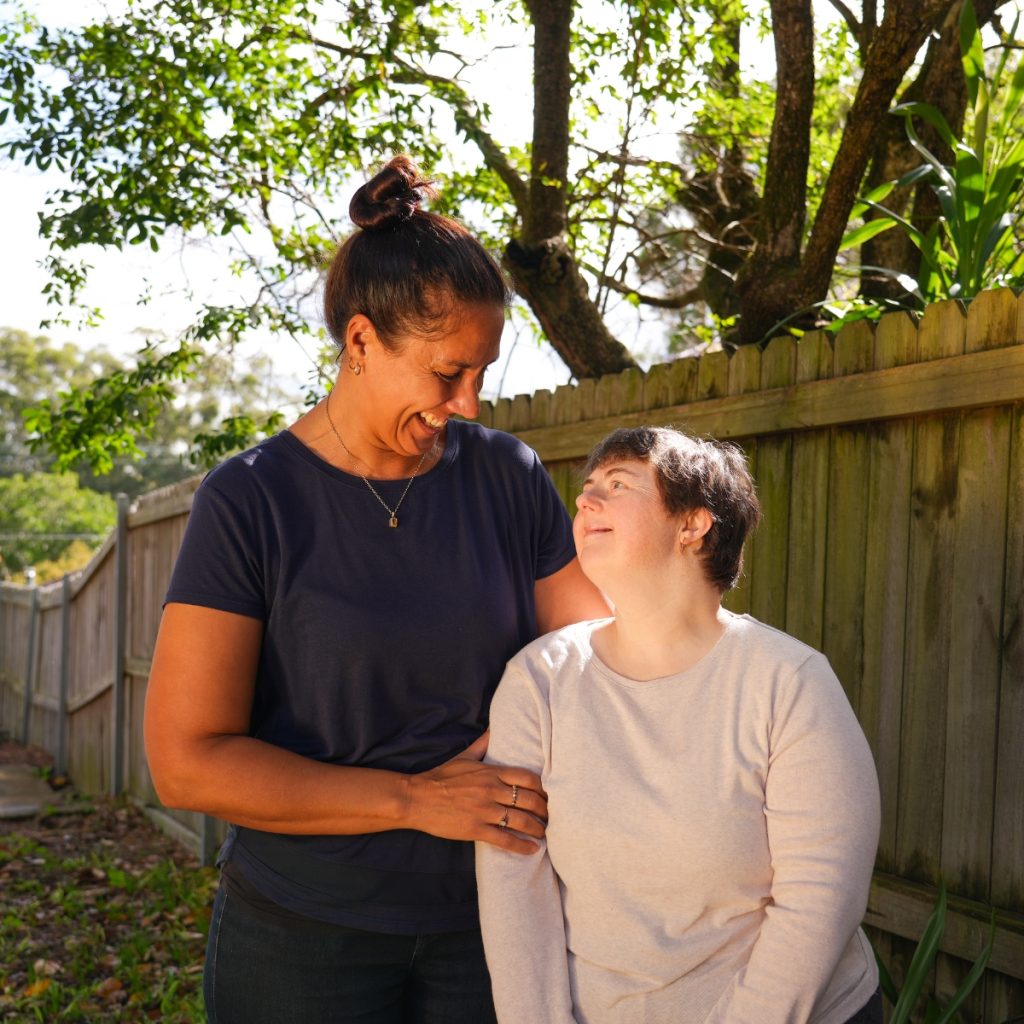The National Disability Insurance Scheme (NDIS) is designed to provide people with disabilities the resources and support they need to live fulfilling and independent lives. Central to this mission is coordination of support, also known as support coordination. This service helps participants manage their NDIS plans, connect with the right providers, and ensure their goals are met in a seamless and personalised way.
By bridging gaps between participants and service providers, coordinated support services simplify the process of accessing essential care and empower individuals to make the most of their NDIS plans.
What Is Support Coordination?
Support Coordination is a service within the NDIS framework that focuses on planning, managing, and connecting participants with the most suitable supports.
These services ensure participants can access the right providers and resources to achieve their personal goals. They act as a guiding framework, helping individuals understand their plans, maximise their funding, and navigate the often-complex landscape of disability services.
Whether it’s finding the best therapy provider, arranging transportation, or ensuring services are delivered effectively, support coordination serves as the backbone of a well-implemented NDIS plan.
Key Components of Support Coordination
Support Coordination is structured around four main components:
- Assessment: Evaluating the participant’s needs, goals, and circumstances to determine the most appropriate supports.
- Planning: Developing a roadmap that outlines how the participant’s goals will be achieved within their NDIS plan.
- Connection: Linking participants with service providers, ensuring the supports align with their needs and preferences.
- Monitoring: Continuously reviewing the support plan to ensure it remains relevant and effective, making adjustments as needed.
These components work together to create a holistic and participant-focused system that reduces complexity and ensures continuity of care.
Types of Support Services Available to NDIS Participants
NDIS participants can access a wide range of support services through their plans. Some examples include:
- Personal Care: Assistance with daily tasks like showering, dressing, and meal preparation.
- Transportation: Helping participants travel to work, appointments, or community activities.
- Therapy Services: Access to physiotherapy, speech therapy, or occupational therapy to enhance skills and independence.
- Community Participation: Encouraging social inclusion through activities, clubs, or volunteering opportunities.
- Employment Support: Assisting participants in finding and maintaining meaningful work.
For example, Emma*, an NDIS participant, struggled with accessing therapy and transportation services. With the help of a support coordinator, she was connected to a nearby therapy provider and a reliable transport service, allowing her to attend sessions regularly and build independence.
The Role of a Support Coordinator
Support coordinators play a pivotal role in ensuring participants can effectively utilise their NDIS plans. Their responsibilities include:
- Navigating Services: Helping participants understand their plans and find the right providers.
- Goal Setting: Collaborating with participants to establish clear, achievable goals.
- Problem-Solving: Addressing issues that may arise, such as service delays or mismatched providers.
A good support coordinator is empathetic, highly organised, and well-versed in NDIS processes. They act as a trusted partner, guiding participants through each step of their journey.
Benefits of Support Coordination for Participants
Coordinated support services offer a range of benefits, including:
- Streamlined Processes: Reducing the stress of managing multiple services.
- Enhanced Independence: Providing tools and connections that empower participants to live more autonomously.
- Improved Outcomes: Ensuring participants’ needs are met, leading to a higher quality of life.
These services not only simplify the participant experience but also provide peace of mind for families and carers.
How to Access Support Coordination within NDIS
Accessing support coordination is straightforward:
- Plan Approval: Ensure your NDIS plan includes funding for support coordination.
- Selecting a Provider: Choose an experienced and reliable support coordination provider.
- Working with Your Coordinator: Collaborate to develop a clear, actionable plan that reflects your goals.
It’s also helpful to establish a support coordination service agreement, which outlines the roles and expectations of both the participant and the support coordinator. For guidance, participants can refer to an NDIS support coordination service agreement template to ensure clarity and transparency.
Challenges and Limitations of Support Coordination
While support coordination is invaluable, challenges do exist:
- Service Availability: Some regions may have limited provider options.
- Coordination Delays: High demand for services can lead to longer wait times.
- Future Uncertainty: Discussions around introducing “Navigators” in the NDIS framework have raised questions about how support coordination will evolve.
By maintaining proactive communication and working closely with their support coordinators, participants can overcome many of these obstacles.
Simplifying Your NDIS Journey with Support Coordination
Coordinated support services are an essential component of the NDIS, simplifying the process of accessing care and empowering participants to achieve their goals.
By focusing on tailored planning, continuous monitoring, and strong partnerships, support coordination enhances independence and enriches lives.
If you’re an NDIS participant or carer, understanding how coordinated support services can work for you is the first step toward maximising your plan. Contact us at Unisson Disability to explore your options and discover how Support Coordination can make a difference in your life.






